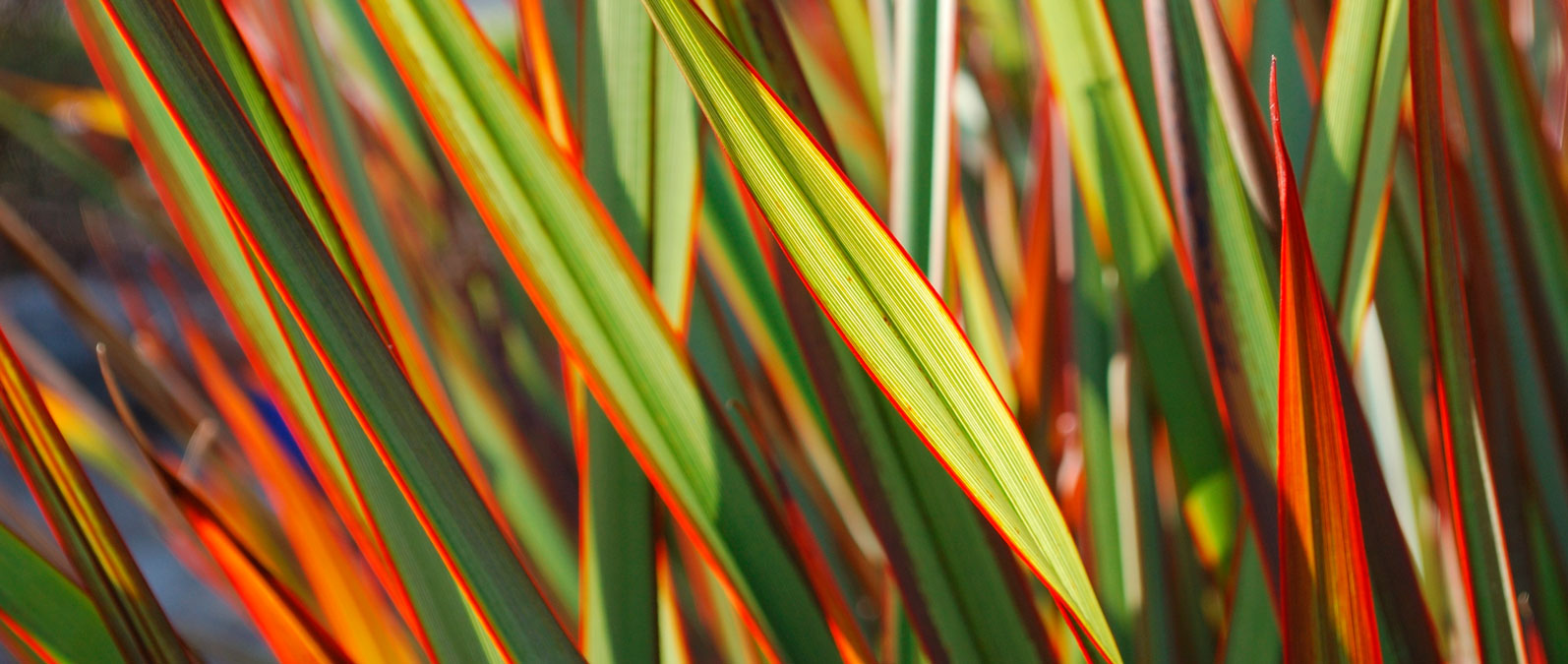 Te Ara soon found that many people didn’t know what autism was, and realised that her children might not get the support they needed in the classroom.
Te Ara soon found that many people didn’t know what autism was, and realised that her children might not get the support they needed in the classroom.
For the Papakura mother of four, it was her love for her two autistic sons and a strong passion for te reo Māori that inspired her to enrol in Unitec’s Bachelor of Teaching (Early Childhood Education). It was the start of a unique career path which includes caring for children with autism and teaching te reo Māori.
“As a mother I wanted more information and to understand for myself how best to teach them,” she explains. “I made the decision to start my degree and learn as much as I could about human development and how the brain works.”
“It was a huge step for me, because I’d never really considered myself an academic person and didn’t know how I’d cope with tertiary study,” she says. During the interview for her degree, Te Ara almost changed her mind, until one of the lecturers, Carol Smith, stood up to deliver a mihi in te reo Māori.
“When Whaea Carol stood up and spoke in te reo, I thought ‘Oh, I’m going to be ok,’” she laughs, “For me it was about identifying with other Māori and feeling like this is my place.
Te Ara graduated in June 2013, and is now enjoying her role as Head Teacher at the YMCA Early Learning Centre Papakura - He Taua. One of the Centre’s core commitments is to strengthen family and community relationships, and it’s also determined to increase participation in early childhood education.
“I never thought I’d come back to Papakura, but with all the tautoko and aroha I’ve received throughout my training, I felt a cultural obligation to return to where I was raised and give back to my community,” says Te Ara.
“As a head teacher I have many opportunities to share my ideas around bicultural practice and the importance of things like Te Tiriti o Waitangi,” she says. The Centre now has parents asking for te reo to be spoken to their children, and Te Ara has noticed a number of children using te reo in their daily activities.
“I’ve been involved in both puna reo and kōhanga reo - that was kind of my thing - I wanted to be immersed in the reo,” she says, “But I started to see that there was a huge need in the wider ECE sector to have te reo Māori as a norm - for every child.”
“I’m enjoying where I am now because we have the freedom to develop and try new things. It’s a great feeling to know that parents really want te reo for their children and that they value the work that we do. It keeps you grounded and balanced; like a tumu [mooring] to your waka.”



